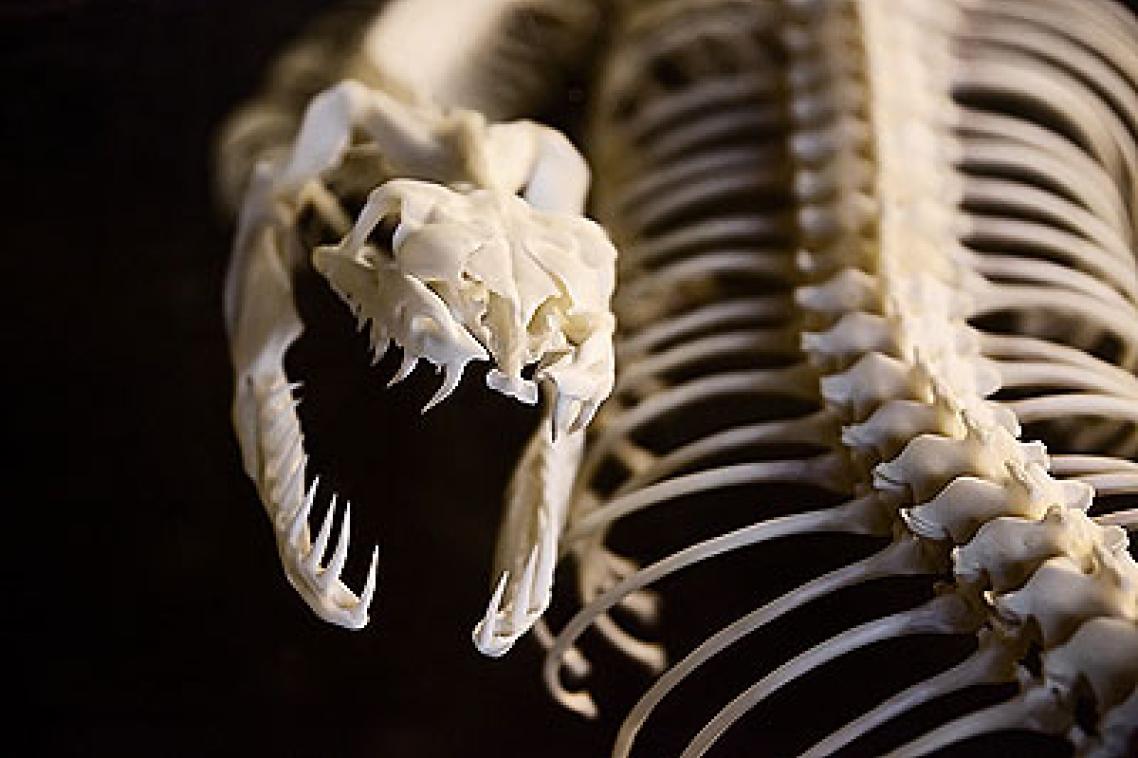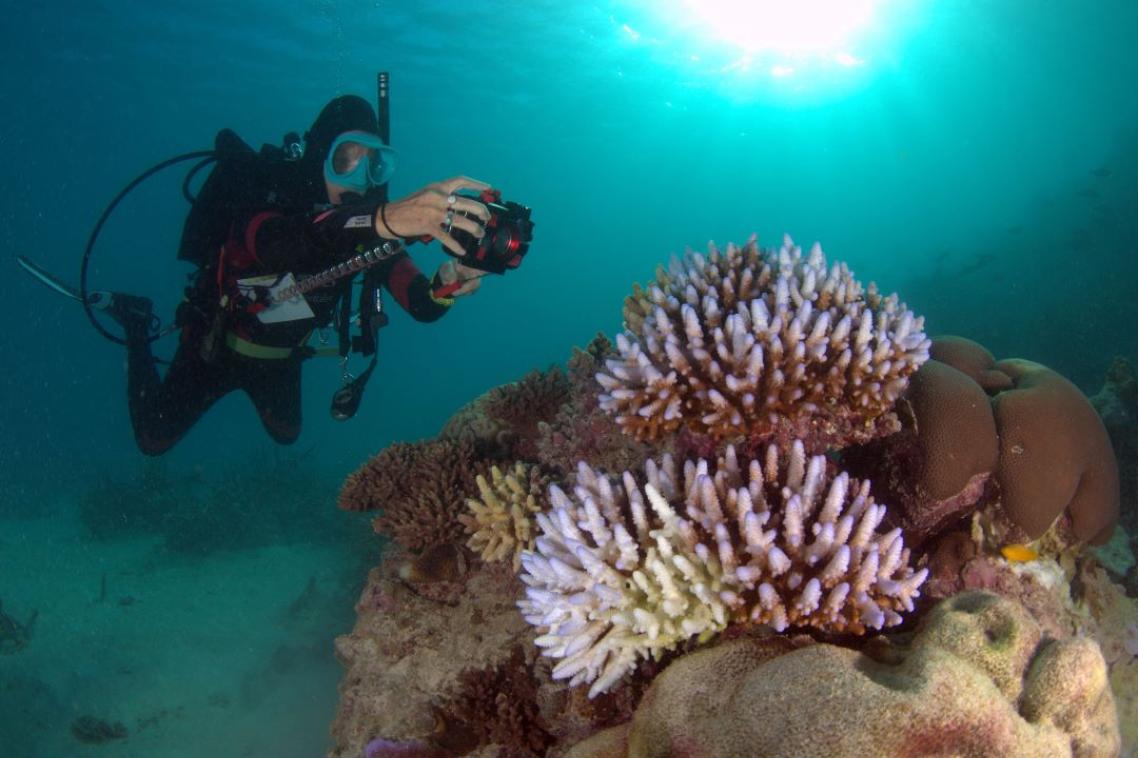Feelings forge stronger memories, QBI research shows

Bad experiences enhance memory formation about places, scientists at The University of Queensland have found.
Dr Oliver Baumann from the Queensland Brain Institute found that associating negative imagery with specific locations activates a part of the brain responsible for forming memory of places during navigation – the parahippocampal cortex.
“This heightened recall occurs automatically, without people even being aware that the negative imagery is affecting their memories,” said Dr Baumann, who worked on the study in the QBI’s Mattingley lab.
“It could serve as a cue for avoiding potential threats,” Dr Baumann said.
“Our findings show that emotions can exert a powerful influence on spatial and navigational memory for places.
“In future we might be able to boost memory functions by triggering the positive side-effects of emotional arousal, while avoiding the need for negative experiences.”
For the research, Professor Jason Mattingley built a “virtual house” and staged events in each room unrelated to the subject navigating the house.
The events were designed to elicit an emotional response – positive, negative, or neutral, and varied in their rate of occurrence.
“The events were illustrated using images from the International Affective Picture System library and included dramatic scenes of attack and threat, as well as more pleasant imagery,” Dr Baumann said.
The day after navigating through the house, participants viewed static images of the house without the emotional imagery, while their neural activity was recorded using an MRI scanner.
“The results showed that emotional arousal exerted a powerful influence on memory by enhancing parahippocampal activity,” Dr Baumann said.
The study was published in the Journal of Cognitive Neuroscience.
Negative Emotional Experiences during Navigation Enhance Parahippocampal Activity during Recall of Place Information
Edgar Chan, Oliver Baumann, Mark A. Bellgrove, and Jason B. Mattingley
Contact: Ms Mikaeli Costello, ph +61 (0) 401 580 685, Mikaeli.Costello@uq.edu.au
Queensland Brain Institute
The Queensland Brain Institute (QBI) was established as a research institute of The University of Queensland in 2003. The Institute operates from a $63 million state-of-the-art facility and houses 33 principal investigators with strong international reputations. QBI is one of the largest neuroscience institutes in the world dedicated to understanding the mechanisms underlying brain function.
Topics
Related articles

Should you consent to your doctor using an AI scribe? Here’s what you should know.

Thousands of Queensland reef photos lead to worldwide change
Media contact
UQ Communications
communications@uq.edu.au
+61 429 056 139
